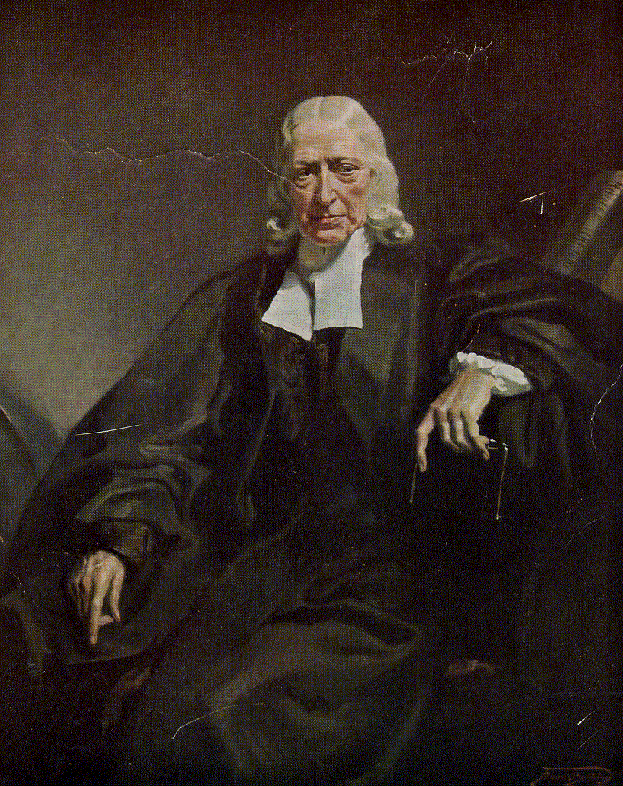Michael Gerson, a columnist for the Washington Post wrote the following a month ago:
https://www.washingtonpost.com/opinions/what-one-of-the-founders-of-evangelicalism-can-teach-us-about-racism/2020/06/15/efbfea02-af40-11ea-8758-bfd1d045525a_story.html
“By instinct and conviction, Wesley was a Tory — the God-and-country, law-and-order party of his day. He was a firm believer in benevolent monarchy and would entertain no nonsense about power originating in the people. After some initial sympathy with the complaints of the American colonists, Wesley became a vigorous, public opponent of the revolution. According to modern political categories, Wesley would be an unlikely recruit to social justice agitation. But the founder of Methodism became one of the first major public figures in Britain to call for the abolition of slavery for a particular reason: The evangelical conception of salvation dictated a high view of human worth. In Wesley’s view, human beings were created in God’s image, fell into sin and rebellion, but remain universally capable of accepting God’s offer of saving grace. And no human being capable of making such a choice should be treated as less than human.”
“Wesley’s 1774 pamphlet, “Thoughts on Slavery” remains a remarkable document. Promising to set the Bible “out of the question,” Wesley makes his arguments (generally) in nonreligious terms that would appeal to British readers influenced by Enlightenment ideas. All human beings, in his view, have the right to make decisions about their life and spiritual destiny, and no human institution has the right to interfere. “If therefore you have any regard to justice, (to say nothing of the mercy, nor the revealed law of GOD) render unto all their due,” Wesley wrote. “Give liberty to whom liberty is due, that is to every child of man, to every partaker of human nature.”
As important as what Wesley argued was how he argued it — in intense, emotion-laden language designed to encourage empathy. Addressing slave traders directly he wrote: ‘“Are you a man? Then you should have a human heart. But have you indeed? What is your heart made of? Is there no such principle as compassion there? Do you never feel another’s pain? . . . When you squeezed the agonizing creatures down in the ship, or when you threw their poor mangled remains into the sea, had you no relenting? Did not one tear drop from your eye, one sigh escape from your breast? Do you feel relenting now? If you do not, you must go on, till the measure of your iniquities is full. Then will the Great GOD deal with you, as you have dealt with them, and require all their blood at your hands.”
The most unexpected element of the work was Wesley’s willingness to follow his arguments to their radical conclusion. He went so far as to justify slave uprisings, which he described as oppressed people “asserting their native Liberty, which they have as much right to as to the air they breathe.” Addressing slave owners, Wesley asked, “What wonder, if they should cut your throat? And if they did, whom could you thank for it, but yourself? You first acted the villain by making them slaves, (whether you stole them or bought them).”
Gerson rightly concludes that many ‘law and order’ Evangelicals who are opposed to the Black Lives Matters movement in many respects, and supportive of police suppression of dissent or protest ‘by any means necessary’ have much to learn from this genuine Evangelical Protestant— John Wesley.













